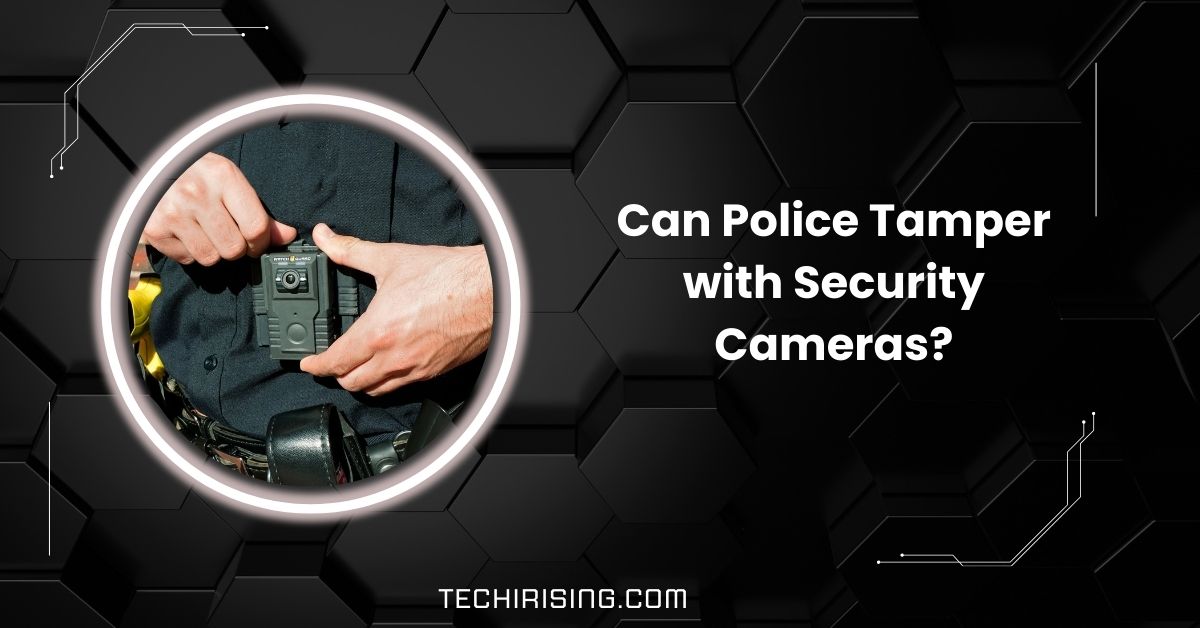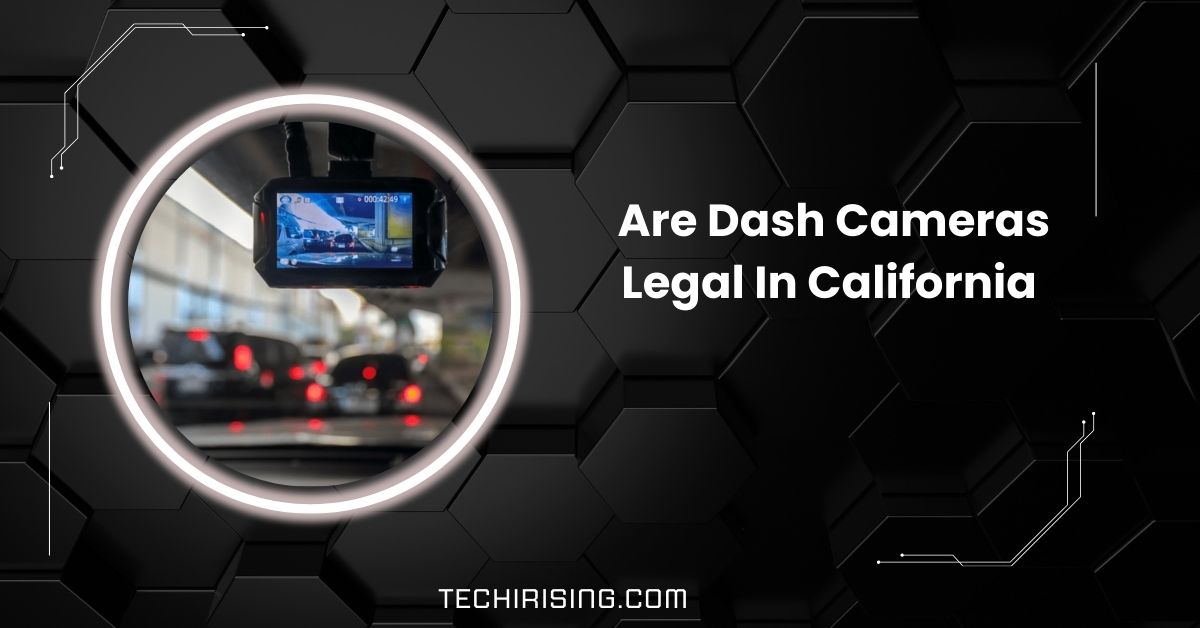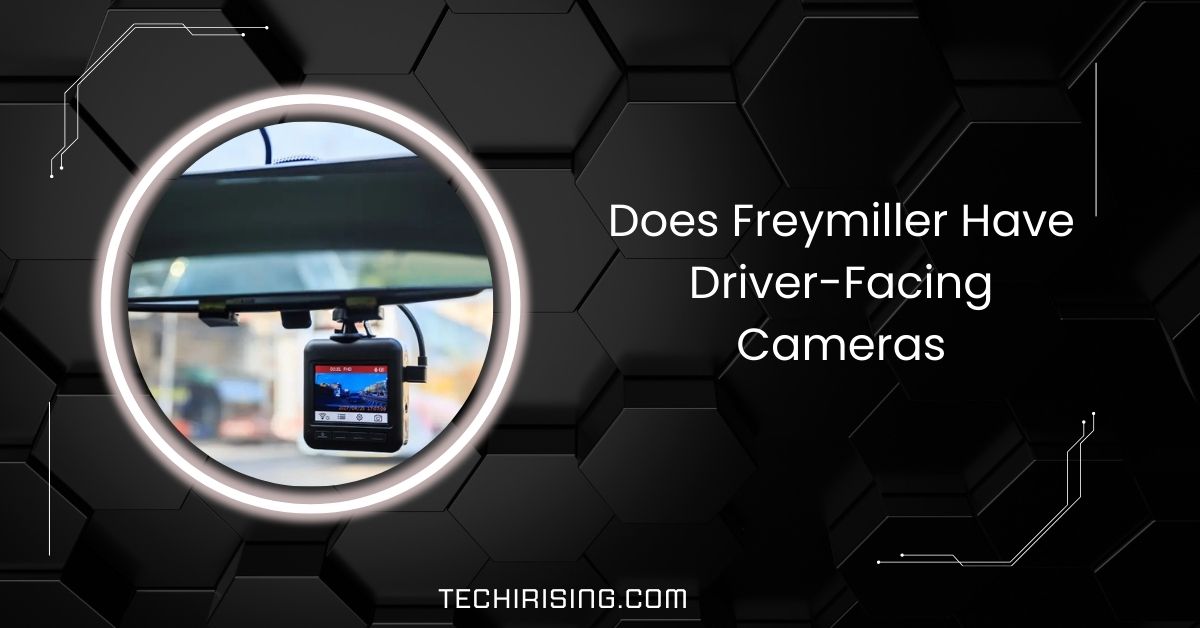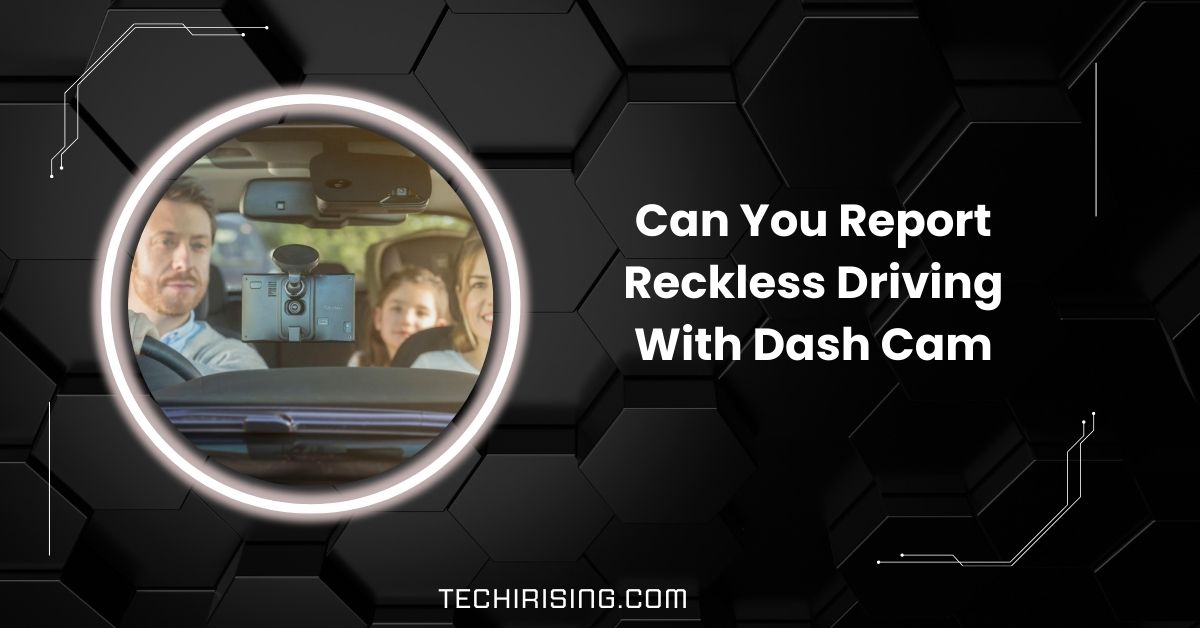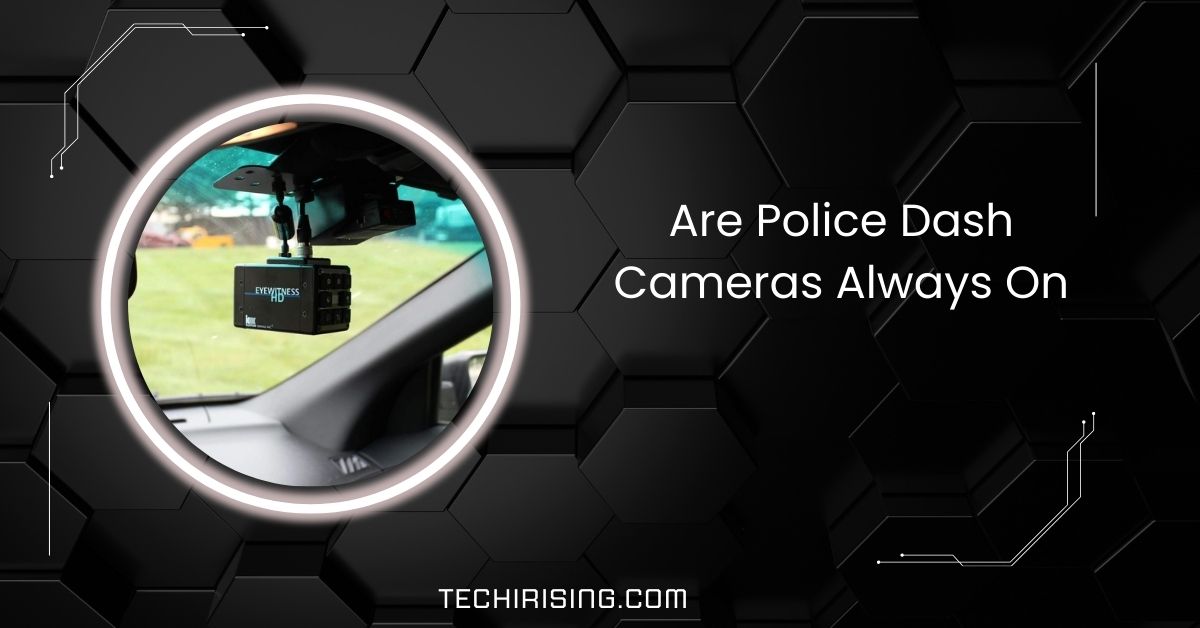Security cameras are a powerful tool for protecting homes, businesses, and public spaces. They help deter crime, provide crucial evidence, and give peace of mind.
No, police cannot lawfully tamper with security cameras. Tampering with security cameras, whether by citizens or law enforcement, is generally illegal and can lead to serious consequences. Officers need to follow legal procedures.
This article will explore the boundaries, legal considerations, and ethical concerns regarding police interactions with security cameras and the potential for tampering.
Understanding Security Cameras
1. Types of Security Cameras
There are two main types of cameras: public and private. Public cameras, like traffic or street cameras, are managed by authorities. Private cameras include home systems, doorbell cameras, and CCTV in businesses. Each type serves its purpose in keeping spaces secure.
2. Purpose of Security Cameras
The main purpose of security cameras is to protect and monitor. They deter criminals, record events, and help solve problems when needed. Cameras work like reliable witnesses in any situation, whether catching a thief or resolving disputes.
Role of Police in Security Camera Management
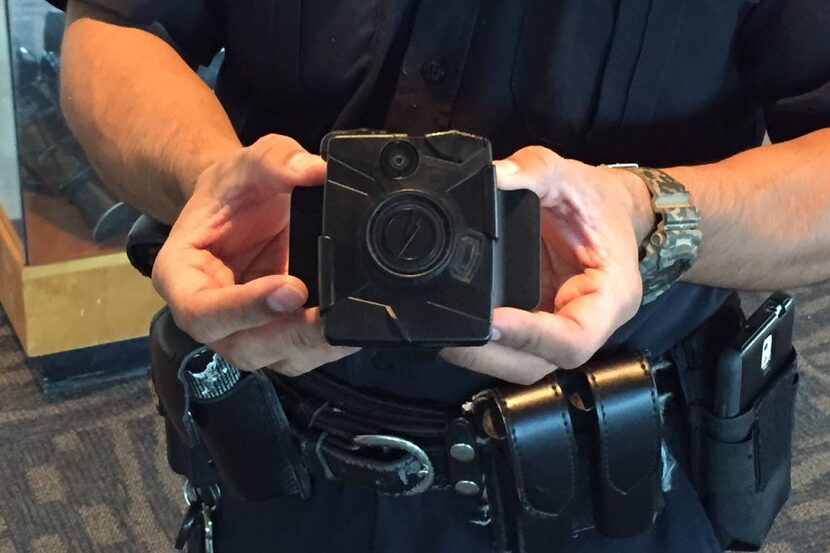
1. Legal Authority of Law Enforcement
Police must follow the rules when accessing security cameras. They usually need permission or a legal warrant to view private footage. These laws protect privacy and ensure police actions are fair and within the law.
2. Collaboration with Property Owners
Police often work with property owners to get camera footage. Sometimes, they request access, while other times, they may need to seize footage during investigations. Building cooperation between law enforcement and owners is key for gathering evidence fairly.
What Does Tampering Mean?
1. Definition of Tampering
Tampering means messing with a security camera or its recordings without permission. It could involve changing footage, deleting important parts, or stopping a camera from working. It’s like breaking the rules and interfering with the camera’s job.
2. Examples of Tampering
Tampering can include erasing footage that shows wrongdoing, cutting the power to a camera, or physically damaging it. These actions can harm investigations and make it hard to trust the people handling the cameras.
Legal Boundaries for Police
1. Laws Governing Police Conduct
Police actions are guided by laws to ensure fairness. They need legal approval, like warrants, to access private footage.
Breaking these laws can lead to serious consequences, protecting citizens’ rights and maintaining a balance between safety and privacy.
2. Consequences of Illegal Tampering
If police tamper with security cameras, they can face harsh penalties, such as criminal charges, job loss, or lawsuits.
Evidence obtained illegally may also be rejected in court, affecting cases. Tampering not only breaks laws but damages trust in law enforcement.
Also Read: Do Ring Cameras Slow Down Wifi – A Quick Fix And Solutions!
When Police Can Access Security Cameras
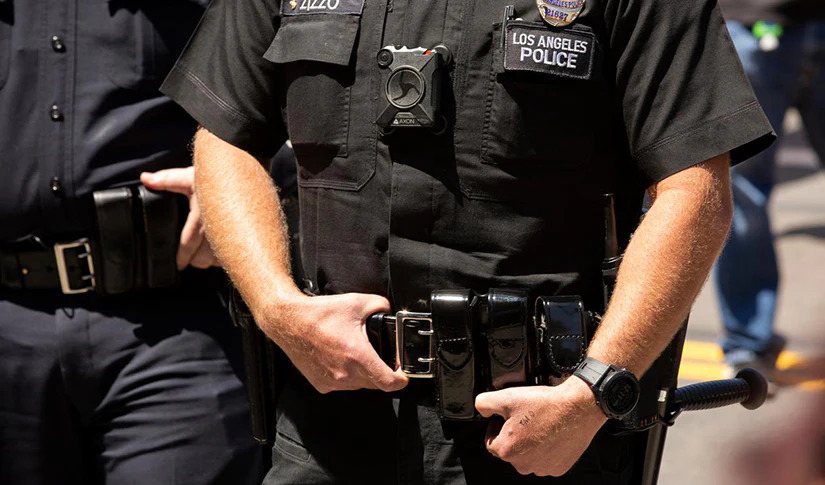
1. During Investigations
Police often need camera footage to solve crimes. They can request access or use warrants to obtain it legally. This process ensures they gather evidence while respecting privacy laws and avoiding overstepping their authority.
2. Public Safety Emergencies
In emergencies, police might access cameras immediately to save lives, like during an active shooter event. While rare, quick action can prevent harm; officers must follow up with proper legal procedures afterward.
Ethical Concerns
1. Trust Between Police and the Public
Trust is the foundation of law enforcement. If police misuse or tamper with security cameras, it creates doubt and fear among people. Transparency and accountability are vital to keeping the public’s trust strong.
2. Impacts on Justice
Tampering with cameras can lead to serious problems in justice, like wrongful convictions or dismissed cases. When evidence is altered, the truth is lost, affecting victims, the accused, and the overall fairness of the system.
Cases of Alleged Tampering
1. Real-Life Examples
In some cases, police have been accused of tampering with security cameras. Reports include deleting footage or disabling devices to hide misconduct.
These situations, often shared in the media, highlight the need for strict rules and transparency to prevent abuse of power.
2. Outcomes of Investigations
In some cases, police have been accused of tampering with security cameras. Reports include deleting footage or disabling devices to hide misconduct.
These situations, often shared in the media, highlight the need for strict rules and transparency to prevent abuse of power.
Preventing Tampering
1. Technological Safeguards
Modern cameras are built with features to prevent tampering. These include encryption, tamper-proof designs, and notifications for unauthorized access.
Using advanced technology, camera owners can better protect their systems and ensure their footage remains secure and reliable.
2. Legal Protections
Laws play a big role in preventing tampering. Officers who break the rules face consequences like lawsuits or criminal charges.
Strengthening oversight and ensuring transparency can discourage tampering and encourage law enforcement to follow proper procedures.
Read More: Are Police Dash Cameras Always On – Truth Revealed – 2024!
What Can You Do as a Citizen?
1. Knowing Your Rights
It’s important to know your rights when police request access to your security cameras. If you feel unsure, you can ask for a warrant. Understanding the laws helps you protect your privacy while cooperating with law enforcement when it’s legally required.
2. Securing Your System
Keep your cameras safe by using strong passwords, enabling encryption, and regularly updating the software. Install cameras in hard-to-reach places and check for signs of tampering. These simple steps help ensure your system stays secure and works when needed.
The Future of Security Cameras and Law Enforcement
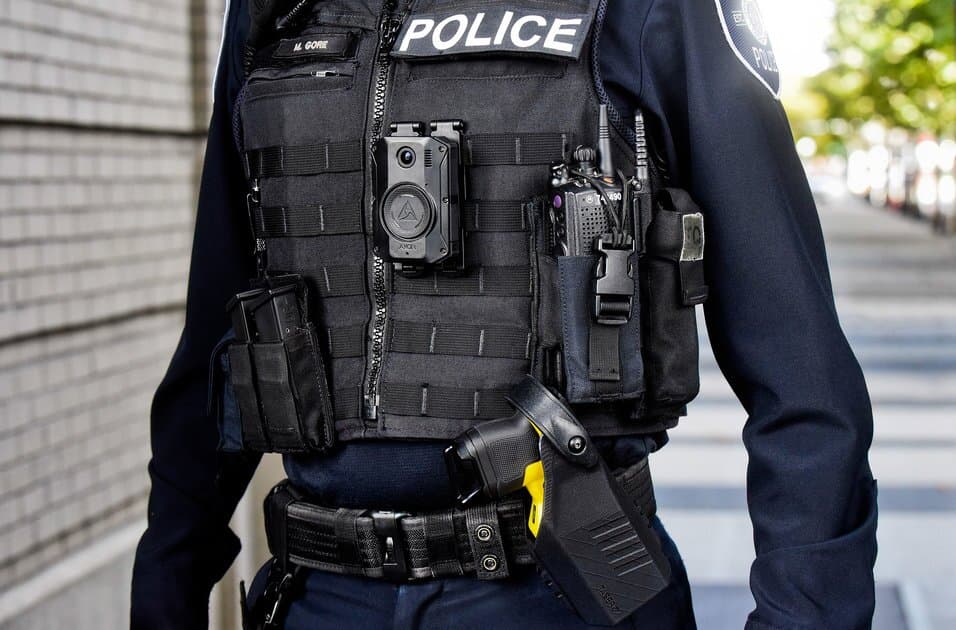
1. Evolving Technology
Security cameras are getting smarter with AI features like facial recognition and real-time alerts. These advancements can improve safety and help law enforcement but also raise privacy concerns. The future holds exciting possibilities but requires thoughtful regulation.
2. Balancing Safety and Privacy
Finding the right balance between safety and privacy is crucial. Cameras should protect people without invading their personal space.
Clear rules, better technology, and mutual trust can help ensure security doesn’t come at the cost of individual freedoms.
Can Police Disable Security Cameras
Police can turn off cameras only under strict legal circumstances, such as during emergencies or with a valid warrant.
If they do it without a proper reason, it could be considered illegal tampering, leading to serious consequences for the officers involved.
Is It Illegal to Move a Security Camera
Moving someone else’s security camera without permission can be illegal. It may be viewed as tampering or damaging property. Police or anyone else should be authorized to adjust or interfere with privately owned security devices.
Police Caught Tampering with Homeowner Security Cameras
There have been cases where police were accused of tampering with security cameras, such as deleting footage or disabling devices.
Such actions violate trust and can lead to legal consequences, including investigations, disciplinary actions, or lawsuits against the officers involved.
Can Police Disable Ring
Police, like a warrant, cannot legally turn off your Ring camera without proper authorization. Unauthorized tampering with your device would be against the law and could result in serious legal and professional repercussions for the officer.
Police Officer Covers Camera
If a police officer covers a camera, it may raise concerns about transparency. While there could be justifiable reasons in rare cases, such actions can also appear suspicious and lead to questions about accountability and fairness in law enforcement practices.
Cop Covers Porch Camera
When a cop covers a porch camera, it might be to protect sensitive information during an operation. However, without a clear explanation, it can create mistrust. Such actions should always align with legal and ethical standards to avoid misunderstandings.
Cop Covers Ring Camera
Covering a Ring camera could be considered tampering unless there’s a valid and lawful reason. This kind of action can lead to skepticism from homeowners and might even result in complaints or legal challenges against the officer.
The Case Against Home Security Cameras
Some argue against home security cameras due to privacy concerns, potential misuse, or hackers accessing footage.
Others worry about law enforcement overreach or unethical tampering. However, when used responsibly, cameras remain a powerful tool for safety and security.
Need To Know: Can My Wife Put Cameras In The House: A Complete Guide!
Is It Illegal to Tamper with Security Cameras?
Yes, tampering with security cameras is illegal. This includes actions like disabling, damaging, or altering footage without permission. Depending on the situation and local laws, such behavior can lead to fines, criminal charges, and other legal consequences.
Is it legal for the police to disable my security cameras during a raid?
Police can only turn off cameras during a raid if they have legal authority, such as a warrant, or under urgent circumstances. Otherwise, it’s considered illegal and can result in accountability issues for law enforcement officers.
Is it illegal in California to tamper or disable security camera?
Yes, tampering with or disabling security cameras in California is illegal. State laws protect property owners from such interference, and violators could face criminal charges, including fines or jail time, depending on the severity of the act.
Is it illegal to mess with someone else’s security camera?
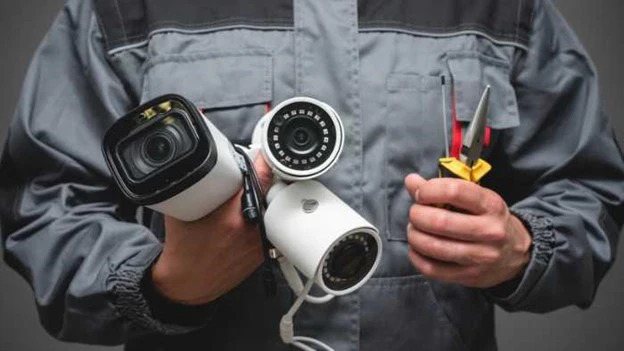
Yes, messing with someone else’s security camera is against the law. It includes actions like moving, blocking, or damaging cameras without permission. Violating these laws can lead to penalties, as it interferes with others’ rights to safety.
Is it is tampering with surveillance cameras illegal?
Yes, tampering with surveillance cameras is illegal. This includes altering footage, disabling devices, or obstructing their view. Such actions violate privacy and property rights, leading to legal consequences, including potential criminal charges for the person responsible.
(KS) Can the police legally disconnect my security cameras with no warrant?
In Kansas, like most places, police cannot legally disconnect your security cameras without a warrant or legal reason. Doing so without proper authority violates your rights and could lead to repercussions for the officers involved.
Police officers were found tampering with and obstructing surveillance cameras.
When police officers tamper with or obstruct surveillance cameras, they are committing a serious violation of the law. Such actions can lead to criminal charges, disciplinary actions, and a loss of public trust. Proper procedures must always be followed to avoid misuse of power.
Is it illegal for cops who have a search warrant to remove a ring doorbell camera?
If police have a search warrant, they may legally remove a Ring doorbell camera, but only if necessary for the investigation. They must follow proper legal procedures to ensure they don’t violate privacy rights or cause unnecessary damage.
FAQs
1. Can the Police Break All Surveillance Cameras on Your Property If They Have a Warrant?
No, police can only break or turn off cameras if the warrant specifically allows it. Otherwise, it’s illegal.
2. Can the Police Legally Disable Security Cameras on Your Property When They Raid Your Home?
Police can only turn off cameras during a raid if necessary for the investigation and within legal boundaries.
3. Are Police Officers Allowed to Obscure and Move Security Cameras on Private Property?
Police can’t move or obscure cameras without a valid legal reason. They must follow the law and respect privacy.
4. Can Police Disable Your Security Cameras During a Search and Seizure of Your Home and Business?
Police can disable cameras during a search if a warrant allows it, but they must do so within legal guidelines.
5. Is It Legal for the Police to Tamper with My Security Cameras While They Are Searching My Home?
No, police cannot tamper with your cameras during a search unless it’s directly related to the investigation and authorized.
Conclusion
In conclusion, police cannot tamper with security cameras unless legally authorized, such as with a warrant or in emergencies. Tampering is illegal and can result in serious consequences. It’s important to understand your rights and ensure proper legal procedures are followed.

